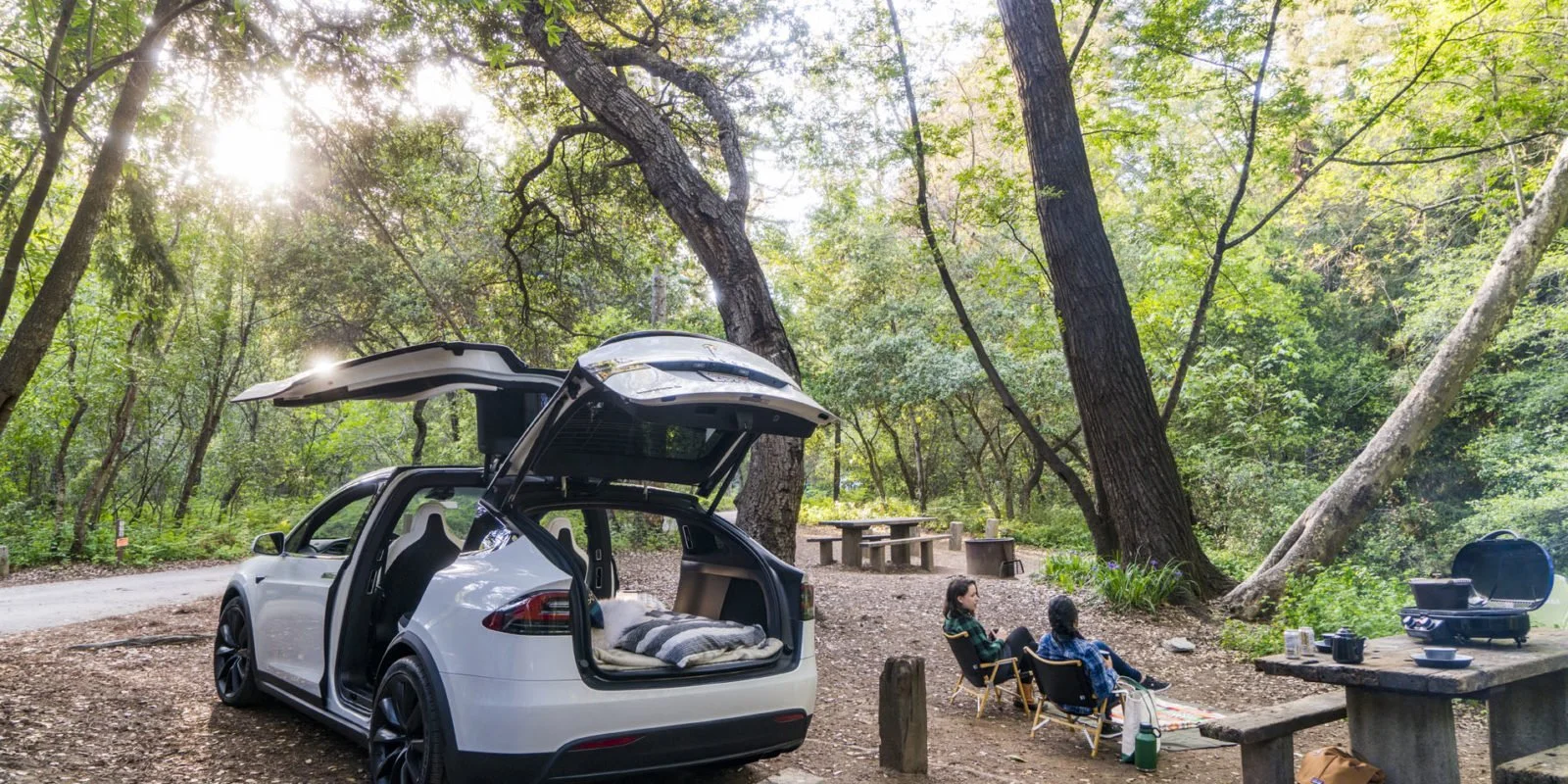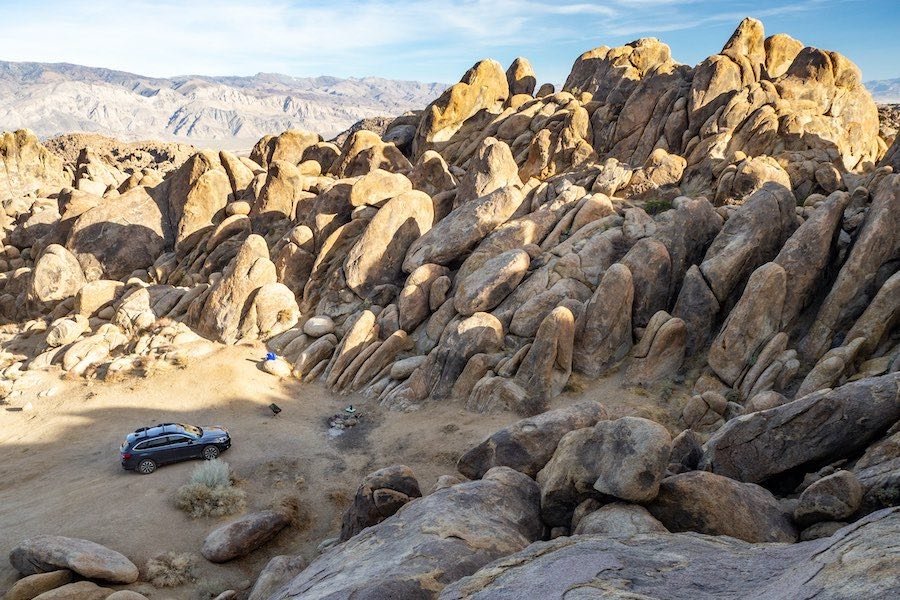Snowboarder Rescued by Skier
by Aventura on April 7, 2023
Mount Baker, Washington
A snowboarder was rescued from a life-threatening situation on Mt. Baker earlier this month in a heart-pounding rescue caught on camera. Skier Francis Zuber, who was backcountry skiing with a friend on March 3, spotted the snowboarder buried under 6 feet of snow in a tree well.
Zuber quickly sprang into action, as seen in a GoPro video captured by Zuber himself, digging for nearly two minutes before making verbal contact with the snowboarder. Once he did, Zuber reassured the snowboarder that he was going to be okay before taking a moment to catch his breath. Zuber's heroic actions eventually paid off, and he was able to dig the snowboarder out, ending the rescue with a hug and a bond that will last a lifetime.
Mount Baker Ski Area is a ski resort located in the Mount Baker-Snoqualmie National Forest in Washington State, USA. It is one of the largest ski areas in the state, with over 1,000 acres of skiable terrain and an average annual snowfall of over 600 inches. The ski area has a variety of terrain for all skill levels, including beginner runs, intermediate trails, and expert-level terrain. Mount Baker is also known for its backcountry skiing and snowboarding opportunities, as well as its beautiful views of the surrounding mountains and forests.
Backcountry skiing can be a thrilling and rewarding experience, but it is not without its risks. The dangers of backcountry skiing include:
Avalanches: The risk of avalanches is one of the biggest dangers of backcountry skiing. Avalanches can be caused by a variety of factors, including weather, snowpack, and terrain.
Snow conditions: Backcountry skiers must constantly be aware of changing snow conditions, including the type and density of the snow. Wet snow, for example, can be heavier and harder to ski in than dry snow, while icy conditions can be slippery and difficult to navigate.
Weather: Weather conditions can change rapidly in the backcountry, and skiers must be prepared for anything from heavy snowfall to high winds and extreme cold.
Navigation: Backcountry skiers must have a good understanding of the terrain and be able to navigate safely and effectively, even in low-visibility conditions.
Equipment failure: Backcountry skiers rely on their equipment to keep them safe, but equipment failure can happen at any time. Skiers must regularly check and maintain their gear to reduce the risk of failure.
Physical fitness: Backcountry skiing requires a high level of physical fitness, as skiers must be able to handle long hikes up steep slopes, as well as the physical demands of skiing itself.
To minimize the risks of backcountry skiing, it is essential to be well-prepared, including having the proper equipment, training, and knowledge of the terrain and weather conditions. It is also important to always ski with a partner or group, so that help is available in case of an emergency.











